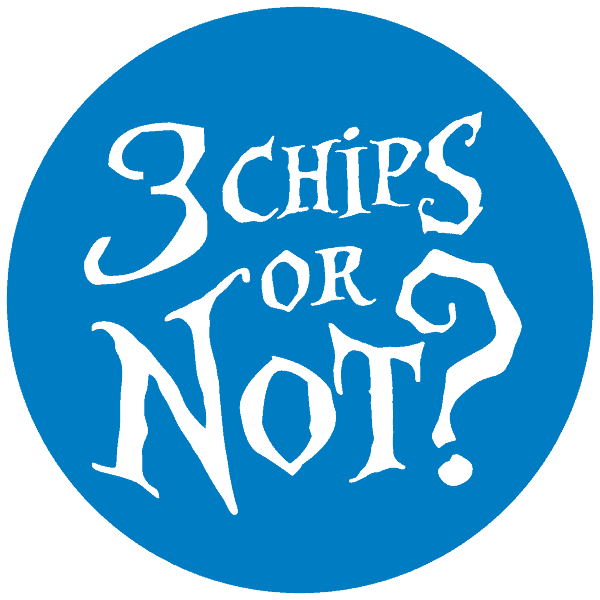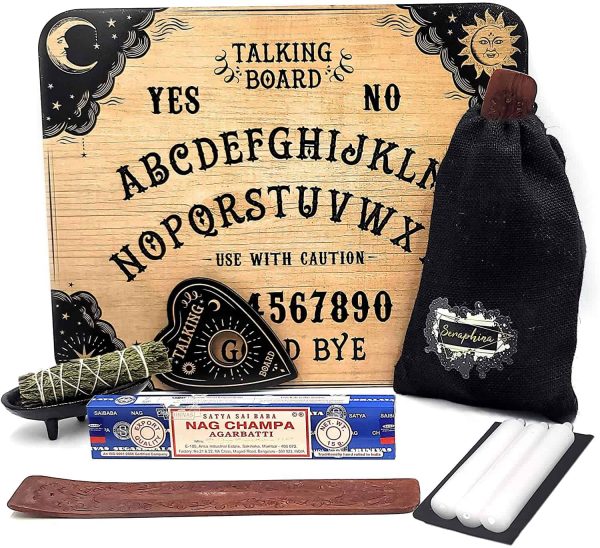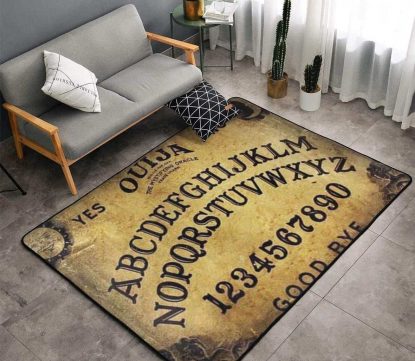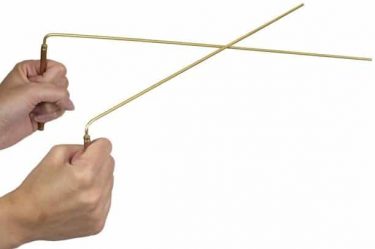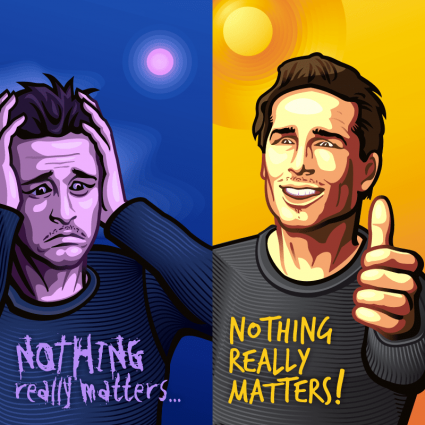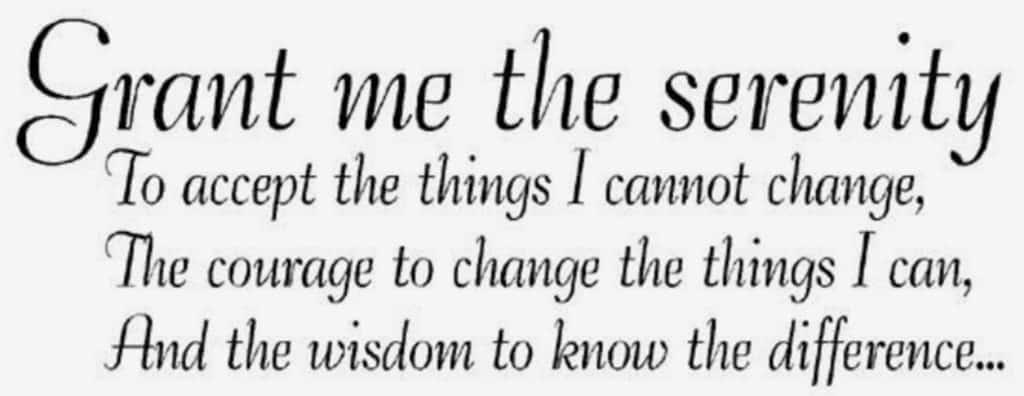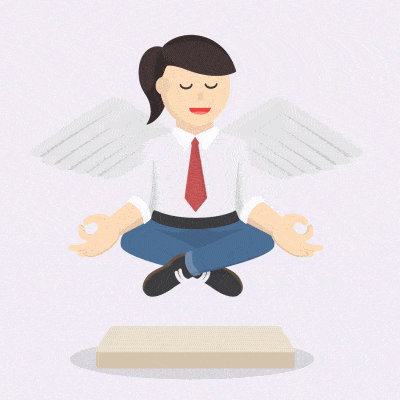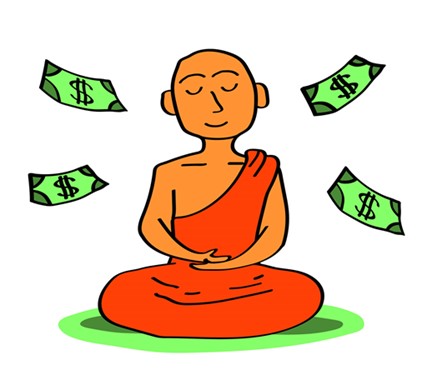The black, rather ugly bug is crawling across my wall. Its not harming anyone, but I know that I won’t be able to do anything – sit, read, eat, or sleep – until I get rid of this bug. It’s just how I am. I have never been able to make peace with even the tiniest of bugs in my home. I’ve tried, but I lose all productivity for not just that day, but many days after, wondering where it might be. Once I even found myself sleeping in my car because a big, hairy caterpillar scampered out of reach and I was afraid it would make its way to my bed once I turned in. True story.
I bolt upright from the sofa upon spying the bug, and quickly run to the kitchen and grab the Raid can. I dash back, relieved to find that the bug is still within spraying distance. But I’m also filled with the violently conflicting emotion of the pain I’m about to impose. I’m aware that I’m going to not only end this poor creature’s life, I’m about to do so in a way that will slowly suffocate and burn it to death, in an agonizing wave of caustic chemicals that have been formulated specifically to attack its senses, and cause them to shut down, slowing this poor bug’s walk until its barely moving, and then finally, mercifully, still.


I hesitate some more. I can’t believe I have the power to do this. In the moment, I truly feel the weight of the universe upon me. I have the ability to determine a sentient being’s moment of death. I feel as if I have my own karmic destiny in my hands. I wonder if perhaps I’m another type of God – in my ability to give or take life. None of these are meant to be arrogant or sacrilegious thoughts. On the contrary, I am filled with the sadness and dread of having to face this kind of dilemma. I don’t want this kind of power. And I don’t want to be this weak.
Why can’t I have the fortitude and strength of character to simply pick up the bug – perhaps with a piece of paper – and gently put it outside? Other people do it all the time – vegans, animal lovers, or simply people who are kind. People who can’t fathom killing when they could pursue a more peaceful option. Why can’t I be more like them?

The thought of getting near the bug and attempting something like that makes me shudder. What if it crawls across said paper and onto me? I am too selfish and cowardly. So my callous instinct is to immediately poison, crush, or vacuum the bug, and inconvenience myself as little as possible. Perhaps I could consider putting a cup around the bug if it made its way to the floor. But the bug might run out of air, and anyway I have no one to come home and take it outside. Otherwise I might bring myself to do something like that. Instead, its a quick, self-serving leap from dismissing that solution to landing on the one that involves gassing the offending thing.
And so I do. I helplessly watch as the bug first reacts to the poisonous spray and starts flailing around in its confused, panicked state. I’m aware that I’m perfectly fine and comfortable where I’m standing, while I’m simultaneously watching a fellow creature of God suffer to the point of inevitable death. I’m not able to feel its pain, but I know that the pain exists, right there in front of me. Its a pain and a death that I’ve delivered with my sense of intelligence and free will. No one forced me to do this, I made the choice consciously and without any rightful claim of ignorance. Not only did I know what I was doing, I was “enlightened” enough to actually stand there and debate the consequence of my actions. I could not be more aware of the torment I was about to inflict, and yet I did it anyway.
Am I so different from those we call cruel in this world – sociopaths, or serial killers, or war-mongering dictators? Am I not someone who is capable of taking life with relative indifference to the pain I am causing?
I’m very serious about this. I am not writing this article to provoke, or for shock value. I am not looking to be comforted and reassured that I am, indeed, a good person. I am not being cluelessly glib about the suffering of millions of humans in other parts of the world and trying to appropriate their story for my own. I am dead serious about what I am writing here. Is there a little bit of Putin in all of us in the way that we can inflict, and then ignore pain, as coldly and ignorantly as we blame him for doing?
I know that everyone’s first impulse is to tell me – and themselves – that this is not the same thing. Absolutely not! They would say that I’m not killing millions of living creatures. That I’m not killing for material gain or pleasure. That I feel guilt over what I do, not an ego boost. That it’s a bug, not a human. That animals would eat us if they could, so what’s wrong with the reverse?
Indeed, there are going to be those who are scathingly outraged that I dare equate animal suffering with that of humans. Perhaps even send me death threats, completely unaware of the irony.
Let’s take those objections to my self-flagellation one by one.
1) I’m not killing millions of creatures. Well, I kind of am – maybe the number of bugs I’ll demolish in a lifetime will only equal a few hundred, but what about the rest of the animals I consume as chicken, lamb, or beef? Or the crocodiles who have died for my fashionable shoes and purses? Or the rats who have been tortured to death in labs so I could have the best of medicine or cosmetics? What about the animals that may not have died for my needs, but suffered a worse fate instead – kept alive, in horrifically dirty and confined pens where they barely have space to roam, where they are skinned or milked or artificially injected? What about the real feathers in my pillows that may have been plucked from terrified, screaming geese? If I add up all the animal products I may directly or indirectly consume over my lifetime, I wouldn’t be surprised to find it well surpass a million.

2) I’m not doing this for material gain or pleasure. Of course I am – it’s all about my own pleasure. I’m killing for my own personal comfort of not having to live in the same room as a bug. Or to be able to eat or consume whatever I want. Yes, I’m not hunting or fishing for fun perhaps. But neither am I just eating meat for survival or because I have no other options. I could abstain from animal products if I wanted to – vegans do it. In fact I wouldn’t even be a pioneer in that regard. Brave, principled, compassionate people sowed the path before me by voting with their wallets, forcing companies and restaurants to offer cruelty-free vegan products. It’s easier than ever before. There is some inconvenience to it, sure, and it takes extra effort to get sufficient protein and vitamins. But it’s also healthier. And regardless of any headwind in adopting that lifestyle, its not enough to excuse my choices.
3) I feel guilt over what I do, not an ego boost. This one is true. I am wracked with tremendous amounts of my own guilt. And I’d venture a guess that Putin is not. So does that make me any better? Marginally, perhaps, if you look at it from one perspective.
Or is it, in fact, worse, because I am so vividly aware of how heinous my actions are and yet I still do them anyway? Most of us have an idea of how pitiful the conditions for animals can be – there have been enough documentaries and sting operations and media reports on this over the years. I have seen so many that I’ve been outraged enough to send multiple donation checks to PETA. Doesn’t that make me an even CRUELER human being than an isolated, pampered leader who is surrounded by yes-men and who may be more ignorant as to his own behavior?
4) It’s an animal, not a human. They suffer less, or it doesn’t matter. Let me start this by saying that I would unequivocally favor my own species in a crisis. If I was on a boat that was sinking, I would try to save my fellow humans first, and then worry about any animals. Just like I might be biased towards protecting a family member over a stranger.
But in general, we are a pompous, narcissistic species. We think we’re the center of the universe, or at least of this planet, and we’re more valuable than anything else. No we’re not. There is no reason to think that our agony or distress is more important. Or that animals experience less. Suffering is suffering. Yes, perhaps, humans can think about suffering more. They appear to have the cognitive ability to dread it more. But there are enough studies and everyday examples to show that animals can anticipate and indeed severely injure themselves in a desperate attempt to escape pain. We also know that animals can get depressed when separated from their young, that they can stop eating, they can cry, they can show love, and they can have different personalities. On what basis can we claim that humans suffer more, or that our suffering is more important?
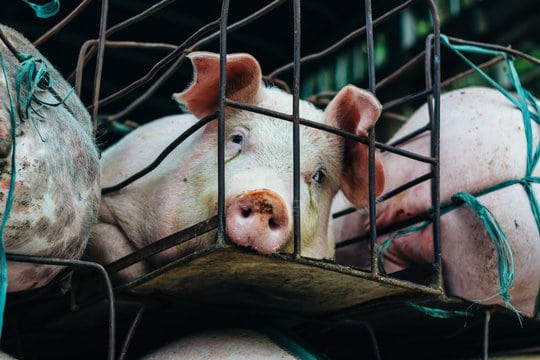
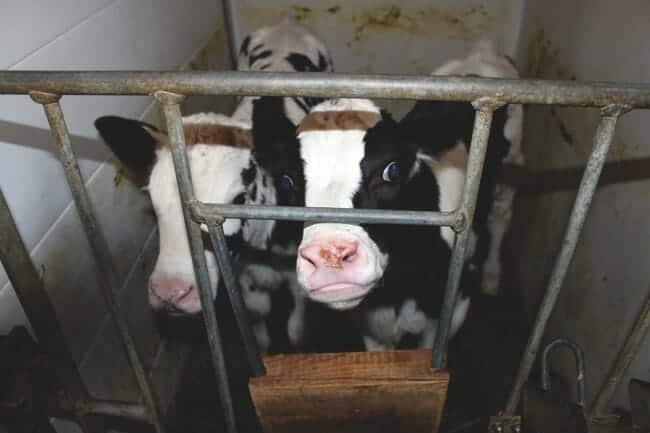
5) Animals would eat us if they could. Yes, they would, but these innocent creatures don’t know about the pain they inflict as predators. We do. Shame on us for abusing our positions of power. We’re at the top of the food chain, yet we can behave with a baser animal instinct than those at the bottom. We should be the ones who DON’T perpetuate the cruelty of Mother Nature by using our unique intelligence and free will – something not given to other animals – and refrain from using and abusing other sentient beings for our own pleasure. Mankind has the brains to create food and products that don’t come from animals. I have the physical ability to pick up a bug and take it outside, if I really wanted to. I choose not to, and we choose not to.
I have been watching with horror as Putin has torn into the beautiful and peace-loving country of Ukraine. It’s been especially personal this time because someone I call family is living in Odessa, which is right off the coast. (In fact, he’s been my graphic designer for the past 20 years and he designed the newsletter I’m sending you right now.) I normally empathize with such atrocities from afar, but this time the news has been particularly disturbing. Like everyone, I wonder how such tragedy can take place in the 21st century? I wonder how evil Putin must be to inflict such misery on so many millions of people. I wonder how conveniently ignorant some of his countrymen claim to be, in order to distance themselves and not get involved.
It physically hurts to see such a dynamic country bombed to smithereens. As if the world didn’t have enough poverty and problems to solve in an attempt to move forwards, now we’ve taken a perfectly thriving and happy country and sent IT backwards too. What a freaking waste of everything.
I have shaken my fist at this cruel dictator and his cronies with manic bewilderment. And yet, I killed this hapless bug in my home, and cringe at how easily I can replicate the murderous behavior I claim to despise. Billions and billions of sentient creatures have been tortured over the centuries in service of our selfish needs. However the majority of us seem to shrug it off with the attitude of “Who cares? We’re happy, that’s all that counts.”
I don’t do anything to help animals beyond a few token gestures like avoiding leather clothing and sending the occasional remorseful check to PETA. And lets not forget the whining. As if “confessing my sins” somehow absolves me of my crimes. I’m sure people reading this are thinking that I should just stop my kvetching and do something about it already. But I don’t. Instead, I manage to do a darn good job of ignoring all this and carrying on with my life nevertheless.

OTHER POSTS YOU MIGHT LIKE
Like everyone, I constantly say that I cannot comprehend Putin’s ability to so cruelly play with the fate of others for his own selfish desires. But if I were to look at my own actions – especially on that recent day, when I hesitated with a can of poisonous bug spray in my hands, contemplating the choice between good and evil, and willingly choosing the wrong path – I ask myself, am I so very different? Is the corporation that carelessly poisons the water supply in pursuit of profit, so different? Is the powerful lobby that blocks gun regulation, very different? Is the everyday Joe who doesn’t bother to recycle, damning future generations to climate change, much different? Are those who knowingly engage in behaviors that cause other sentient beings to experience anguish, any different?
Or is there, deep down, in some way, a cruel and selfish Putin . . . in ALL of us?
